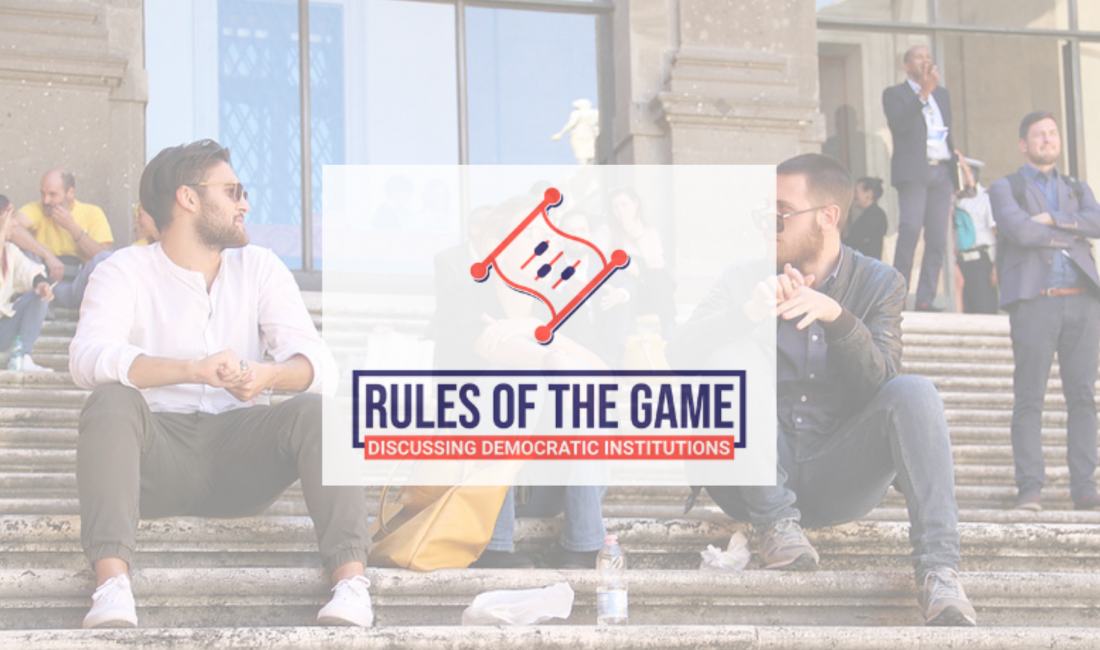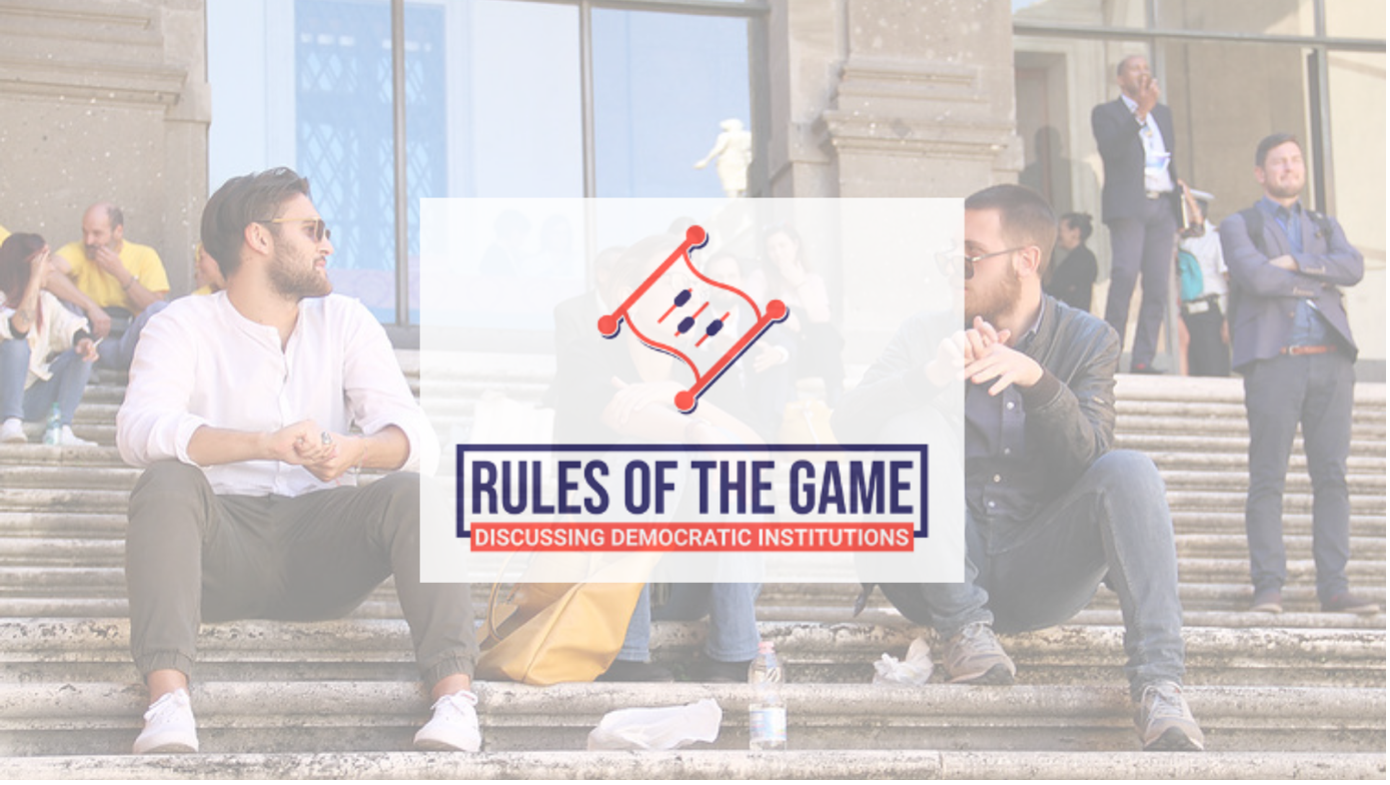What most people think of when they hear deliberative democracy probably are citizens’ assemblies. Deliberation is the process of thoughtfully discussing a specific topic, weighing different options, and using logic and reason to form opinions within a group, that then may lead to a decision or consensus.
With Ian O’Flynn, I discuss various forms of deliberative democracy, from parliaments, to deliberative polls, to citizens’ juries, and the most well-known the citizens’ assemblies. Deliberative democracy was first discussed in the context of representative democracy, our parliaments. Yet, more recent concepts of deliberative democracy have been developed by political scientists that are best summarized as mini-publics. The most common characteristic of mini-publics is that participants are selected based on sortition, that is a random selection of people from the entire population. The randomly selected people then come together to deliberate and possibly make recommendations to the government.
Ian has conducted extensive research both on deliberative and participatory democracy. He explains the various challenges and opportunities of mini-publics and how they can fit in the wider context of democracy. Mini-publics may likely further develop as an institution of modern democracies, complementing representative democracy and direct democracy.
Ian O’Flynn is Senior Lecturer in Political Theory at Newcastle University. He holds a PhD from Queen’s University in Belfast. His main research interests are in deliberative democracy, but he also works on compromise, power sharing and referendums. He has written several books, the most recent ones titled Deliberative Democracy and Deliberative Peace Referendums.
- Find the show notes with links to all material discussed here.
--
Send in a voice message: https://anchor.fm/rulesofthegamepodcast/message
Click here to find the podcast platform
Or listen wherever you get your podcasts:
Spotify Anchor Breaker Google Podcast Apple Podcast Pocketcasts Radio Public





